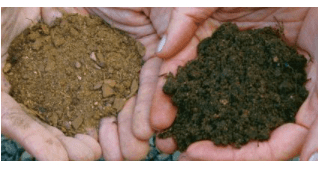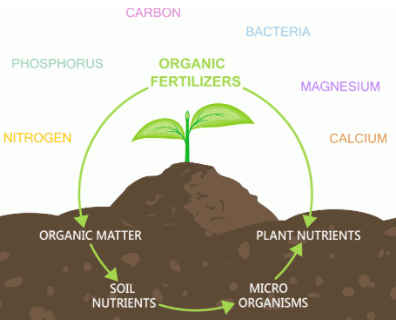
Fertilizers can be excellent for improving the quality of your landscape; however, when it ends up in the water supply, it is not so great for water quality. As a result, many Florida counties have implemented fertilizer bans, which prohibit the application of any fertilizers containing nitrogen or phosphorus between June 1 and September 30. Today, we will be breaking down what you need to know to remain in compliance and keep your landscape healthy.
The Fundamental of Fertilizer Bans
The ordinance of fertilizers began as a way to lessen runoff and improve water quality during Florida’s rainy season. In some counties, properties within close proximity to a water body are already prohibited from using fertilizer at any time of the year. For properties farther inland; however, there is still the risk of runoff washing into watersheds, where it will funnel into rivers, lakes, or oceans. The concern is that summertime’s heavy afternoon rains may worsen the effect.
These restrictions are not totally black and white. Many ordinances include two notable exemptions, one of which is golf courses; the other is property owners who can demonstrate a phosphorous deficiency in their landscape.
The Basics of Fertilizers
The fertilizers commonly used in agriculture contain the three basic plant nutrients: nitrogen, phosphorus, and potassium. Also, some fertilizers contain certain “micronutrients,” such as zinc and other metals that are necessary for plant growth. Soil amendments are materials that are applied to the land primarily to enhance soil characteristics.
Both fertilizers and soil amendments can be derived from:
- Virgin raw material
- Composts and other organic matter
- Wastes such as sewage sludge
Remember that overusing fertilizers will result in contamination of surface water and groundwater.
How to Keep our Florida Waterways Clean
There are a lot of ways to keep our waterways which will go a long way; one of which is paying attention to what flows into your storm drains. We can also take care of our waterways by removing grass clippings and leaves so they do not become runoff. The most important thing is to be careful when applying fertilizers and to focus only on the recommended amount of fertilizer—avoid impervious surfaces or water bodies. These are all tips you can also apply at home to maximize your impact.
To stay up to date with South Florida landscape design information, be sure to regularly visit our blog. If you are new to the concept of landscape design but would like to know more then we urge you to read our landscape design cost article.

